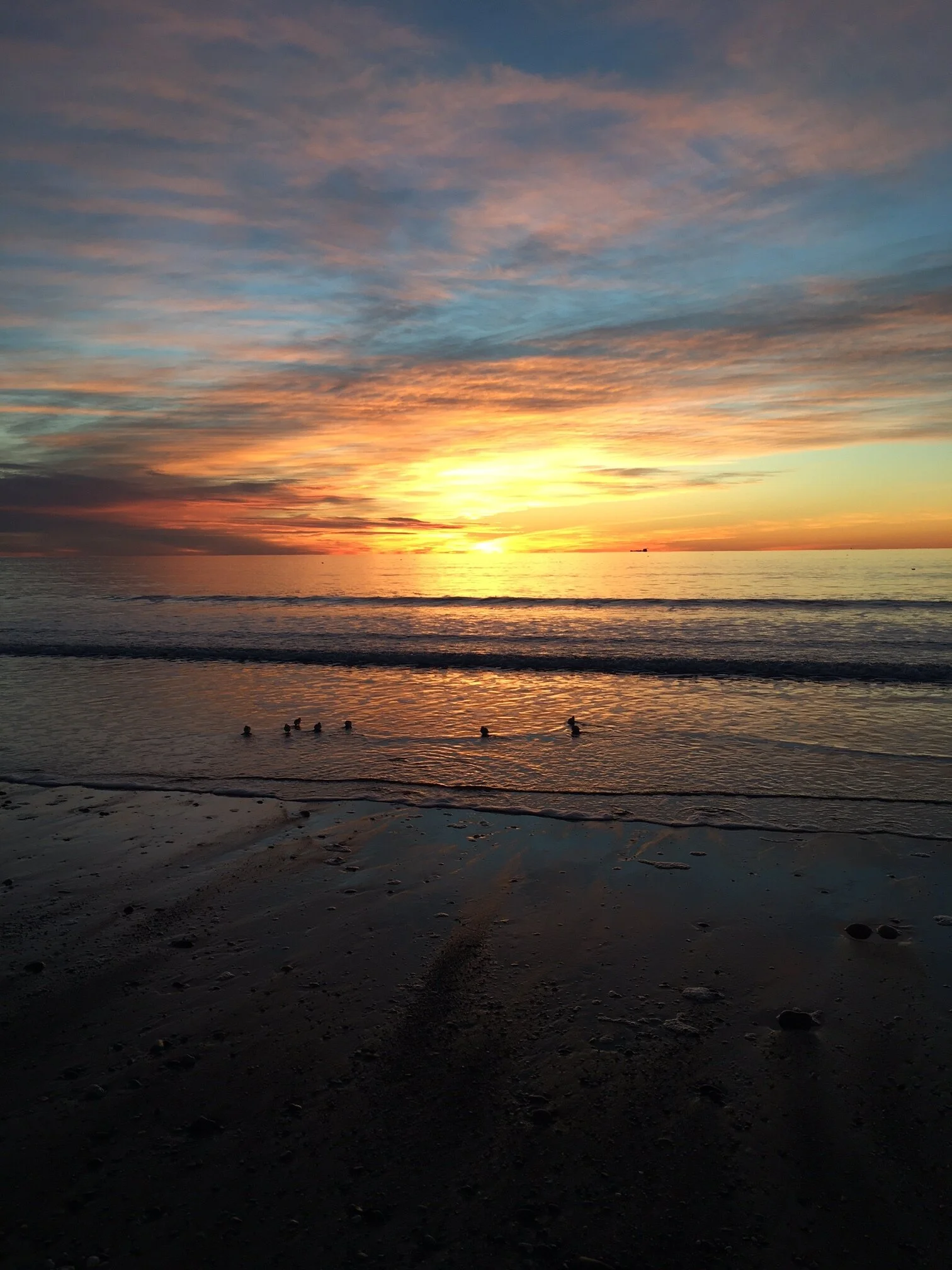Dukkah.
“Hearts united in pain and sorrow
will not be separated by joy and happiness.
Bonds that are woven in sadness
are stronger than the ties of joy and pleasure.
Love that is washed by tears
will remain eternally pure and faithful.”
― Khalil Gibran
Episode 30.
Zorba the Greek said, "Life is trouble."
The first Noble Truth of Buddhism says, "Life is suffering".
I say, human incarnation will include majestic pain.
The word in Sanskrit is Dukkha. This core concept of Buddhist teaching is not pessimistic, but realistic in that life, by nature, is imperfect. I like the word Dukkha better than suffering, because it takes away the negative judging of suffer (and it is a fun word to say).
Dukkha is a mark of existence. It is not doom and gloom. It is how we are included. The quote above by Khalil Gibran, says, we unite over our sorrow. Bonds of sadness are stronger than ties of pleasure. It does not say, we connect only when frolicking in the peaceful fields, smile only when engaged in a seemingly fun adventure, or feel content only when making a big salary.
We are united in pain. We are bonded in sadness. And, within this uniting bond... we can KNOW JOY.
If there is light, there has to be dark. If there is a beginning, there is an end. For every gain, there is loss. With peace, comes conflict. With praise, there is blame. With pleasure, there is pain. With joy, there is sorrow.
There is inherent suffering sprinkled into all the goodness...
But, suffering is not the end of the story.
Suffering is a joyful part of the story.
Because this is where we feel each other.
This is where we find our brave.
This is were the fire burns and where we can come to know freedom.
Edith Eger was in Auschwitz as a young girl. She watched as her parents were taken for "showers" and when she asked when her mother would return, she was told to look up at the smoke, breathing out of the chimney, with the words, "there is your mother". Edith survived years in that camp, and at 93, she recounts that she was not a prisoner or hostage of that camp or the guards, because she had the choice of her own mind. She chose to be curious. She calls her suffering, "my cherished wound".
Dukkha. Suffering. Connecting. Guiding. Light. Choice. Cherished. Wounds. Maybe not in the thick of it. Not when we are face-down in the mud, being pulled through the muck of life. It is certainly difficult to reflect or see grace and growth when we are just mustering up the will to get through the moment of suck. But we can do it. This is the definition of courage.
Courage is not the absence of fear, but FEAR WALKING.
Some of the most inspiring humans have spoken of suffering, annihilation, and the connection, courage, and compassion that is born of these moments...I do not think you can aptly speak of these things, without having been through them yourself.
“The man, who, being really on the Way, falls upon hard times in the world will not, as a consequence, turn to that friend who offers him refuge and comfort and encourages his old self to survive. Rather, he will seek out someone who will faithfully and inexorably help him to risk himself, so that he may endure the suffering and pass courageously through it. Only to the extent that man exposes himself over and over again to annihilation, can that which is indestructible arise within him. In this lies the dignity of daring.”
― Karlfried Graf Durckheim
“It is not the critic who counts; not the man who points out how the strong man stumbles, or where the doer of deeds could have done them better. The credit belongs to the man who is actually in the arena, whose face is marred by dust and sweat and blood; who strives valiantly; who errs, who comes short again and again... who at the best knows in the end the triumph of high achievement, and who at the worst, if he fails, at least fails while daring greatly.”
― Teddy Roosevelt
“Only to the extent that we expose ourselves over and over to annihilation can that which is indestructible in us be found.”
― Pema Chodron
Here is how I attempt to put words to the majestic pain of Dukkha:
Post-traumatic growth.
Pain as a conduit for transformation.
Aliveability of vulnerability.
Courageous trust in the unfolding of uncertainty.
A meaningful and good life is not the absence of suffering. Suffering teaches us too much. It is an important vehicle for us.
A full life requires it.
Elizabeth Gilbert said, "Don't ever waste your pain or suffering."
Open the invitation to level up and do the work.
Surrender and embrace suffering as a fabric in the quilt of the full human experience. In it, we are asked to be a container to hold joy and sorrow. In it, we can bond and connect with each other.
We each have the choice to choose. Choosing to feel the deep vulnerability of hard things opens us up to witness gratitude, wonder, and awe. Choosing to hold this dance of life with its ocean of tears and its landscape of beauty gives us an open mind and a grateful heart. Choosing to go deeper into connection bears the truth that suffering is not the end of the story.
Dukkha.
Love through it all,
Jessica
“The world breaks everyone and afterward many are strong at the broken places. ― Ernest Hemingway
Do it all with Love. Nothing is promised. But everything is workable.
To get these weekly episodes of THE SHIFT in your inbox, free…. sign up here THE SHIFT NEWSLETTER

